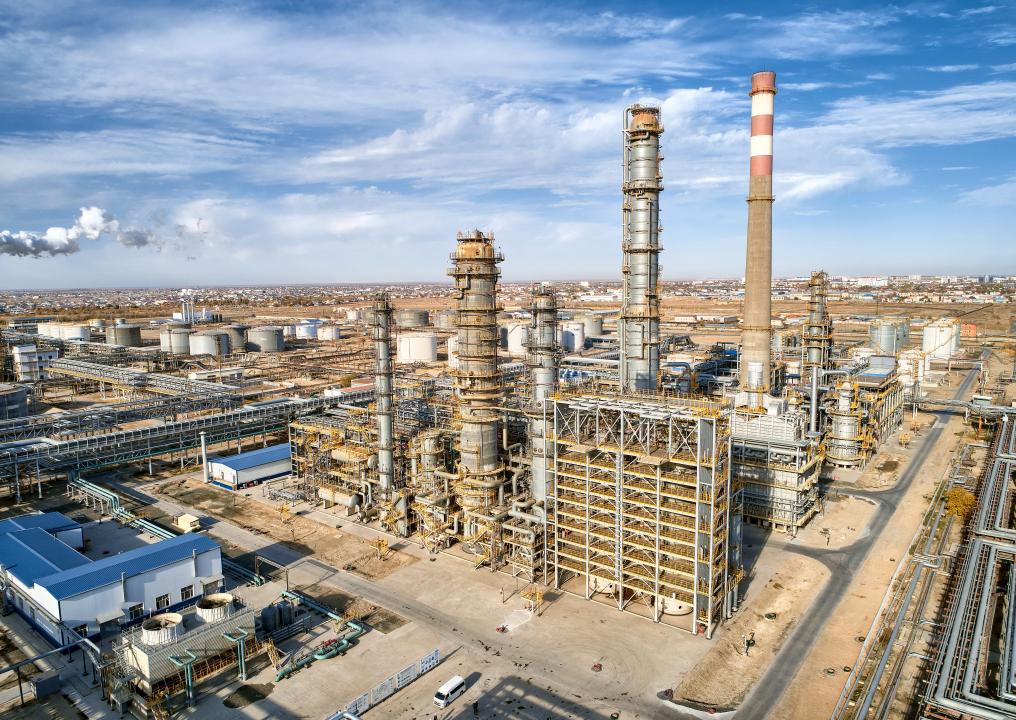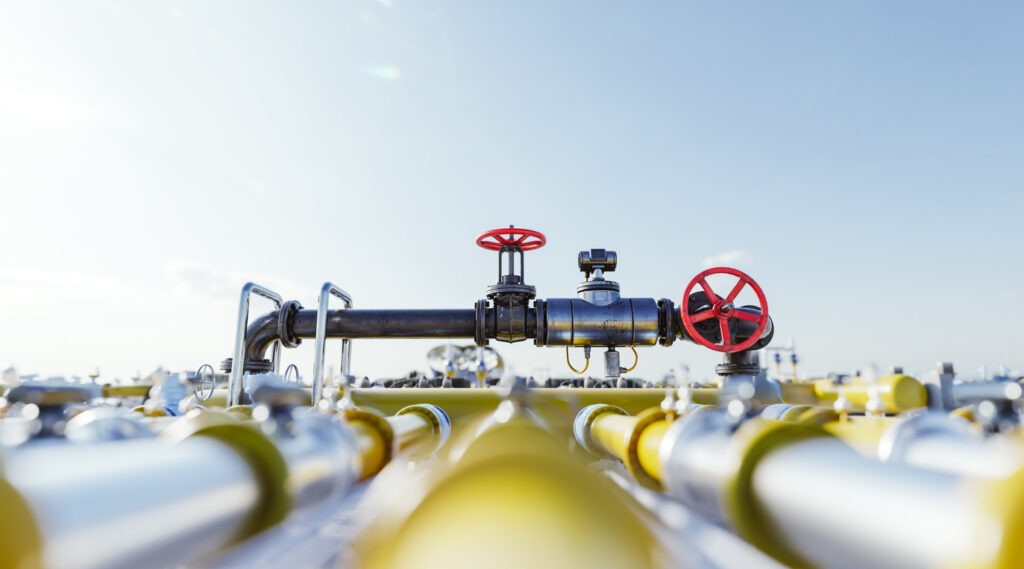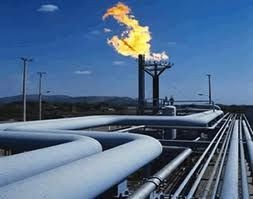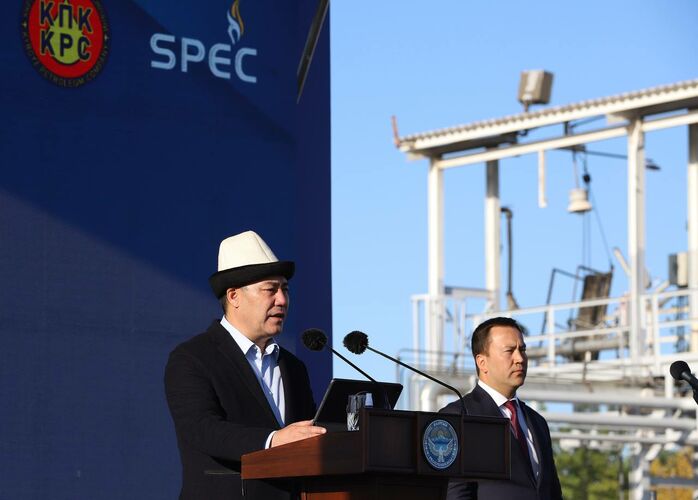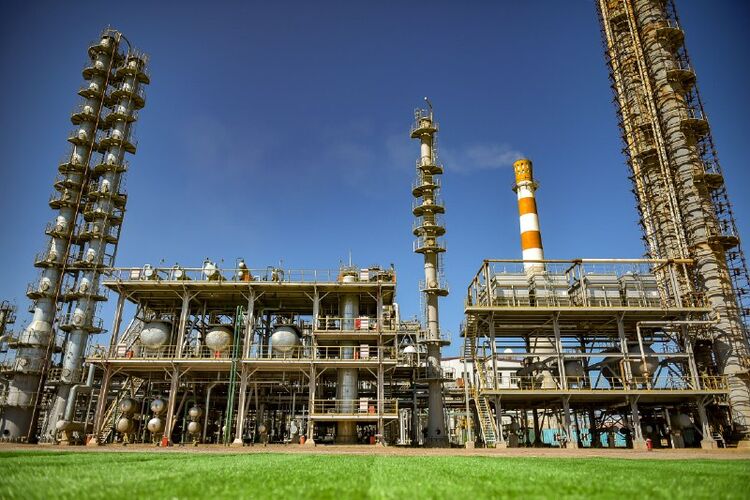Kazakhstan Needs a Fourth Oil Refinery to Meet Its Growing Demand for Motor Fuel
Speaking in parliament on November 25, Kazakhstan’s Energy Minister Almasadam Satkaliyev announced that the country anticipates a shortage of motor fuel by 2036. To address this, he emphasized the need to design a new oil refinery with a capacity of 10 million tons per year by 2030, with construction slated to begin in 2032. According to Satkaliyev, the proposed refinery will ensure Kazakhstan’s fuel demands are met from 2040 to 2050 while also enabling exports to rapidly developing markets in Central, South, and Southwest Asia. Currently, Kazakhstan operates three oil refineries - located in Shymkent, Pavlodar, and Atyrau - which are sufficient to meet domestic demand for gasoline and diesel fuel. However, during seasonal shortages, Kazakhstan imports additional fuel from Russia. Satkaliyev provided details on the country’s fuel production and import figures for 2024. Kazakhstan plans to produce 10.9 million tons of fuel this year, including 5.1 million tons of gasoline, 0.6 million tons of aviation fuel, and 5.2 million tons of diesel. In addition, approximately 1 million tons of fuel will be imported from Russia, comprising 0.285 million tons of gasoline, 0.3 million tons of aviation fuel, and 0.45 million tons of diesel. By 2032, Kazakhstan’s annual fuel production is expected to reach 19 million tons, including 8.2 million tons of gasoline, 1.5 million tons of aviation fuel, and 9.3 million tons of diesel. This increase will not only eliminate the need for imports but also enable the country to export surplus fuel. Satkaliyev also addressed the domestic supply of liquefied petroleum gas (LPG), which is the most affordable and widely used automobile fuel in Kazakhstan. From January to October 2024, Kazakhstan produced 2.5 million tons of LPG, compared to 2.4 million tons in 2023. The Energy Ministry has set the planned production volume for 2024 at 2.9 million tons. To stabilize the LPG market, the ministry has banned its exports since November 2023. The domestic market requires 164,000 tons of LPG monthly, while the ministry distributes 130,000-140,000 tons. Looking ahead, the government aims to meet rising LPG consumption by introducing new production capacities, with plans to increase annual LPG production to 4.2 million tons by 2032.
